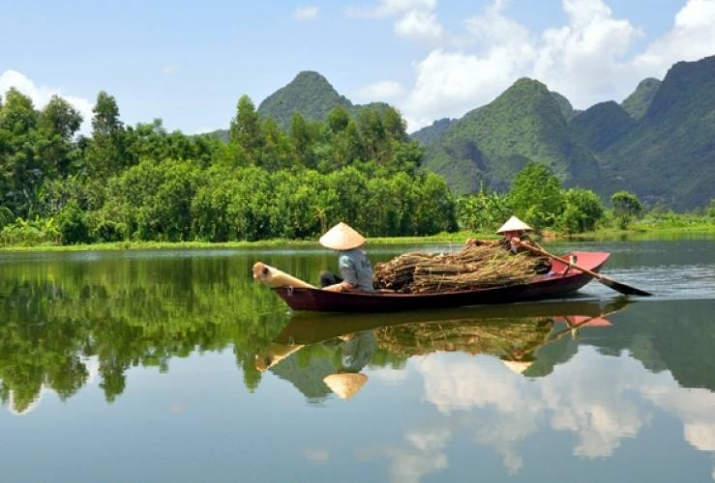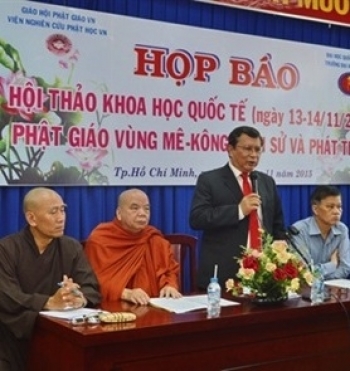Speaking at a press briefing earlier this week, HCMUSSH rector Vo Van Sen said the forum was aimed at providing a platform for countries in the region to pursue economic, cultural, and environmental cooperation based on a Buddhist commitment to peace, environmental security, sustainable development, and the protection of cultural heritage, and in line with the eight Millennium Development Goals* established by the United Nations in 2000 for the international community. He added that the event was also aimed at defining the role of Buddhism in maintaining peace and territorial integrity in the region, in accordance with international law.
The Mekong River, the 12th-longest in the world, runs from the Tibetan Plateau through Yunnan Province in China, as well as Cambodia, Laos, Myanmar, Thailand, and Vietnam. Already heavily dammed, and with many more dams planned or under construction along the Mekong as a source of hydroelectric power, development of the Mekong River Basin is a highly controversial topic. The World Wildlife Fund notes that the region is particularly vulnerable to global climate change. The US-based non-profit Conservation International ranks the Greater Mekong Subregion as one of the top-five most threatened hotspots in the world in terms of biodiversity.
















